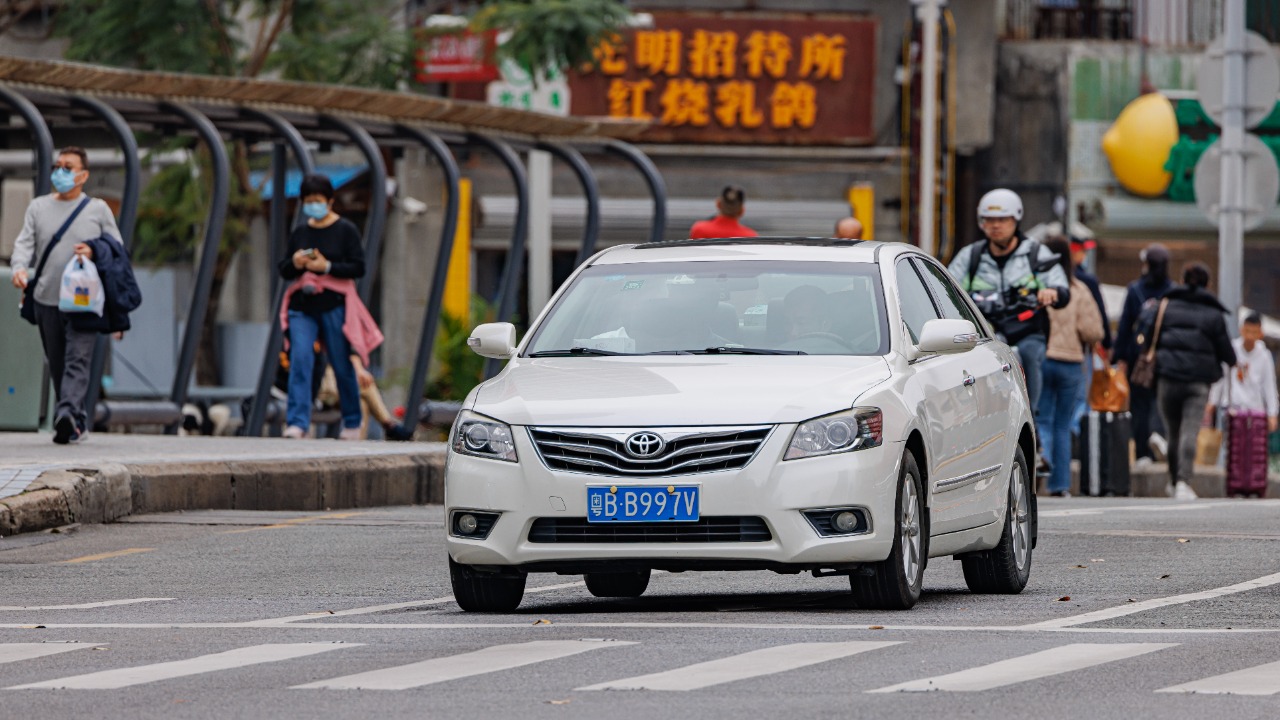
As a journalist with a focus on the automotive industry, I’ve come across numerous instances of automakers deceiving the public. Here are six major automakers that have been caught falsifying safety tests, proving that even the most trusted names in the industry can falter.
1) Volkswagen: Emissions Scandal and Safety Test Manipulation

In a scandal now infamously known as ‘Dieselgate’, Volkswagen was exposed in 2015 for installing software in their diesel vehicles to manipulate emissions tests. This software, present in models like the Volkswagen Jetta and Beetle, would detect when the vehicle was being tested and alter the performance to pass emission standards. This deceit not only breached trust but also put the environment at risk.
Research has shown that this scandal had far-reaching effects, damaging consumer trust in the entire industry.
2) General Motors: Ignition Switch Failure Cover-up

General Motors faced a massive scandal when they were accused of covering up a flaw in their ignition switches. This flaw, present in cars like the Chevrolet Cobalt and Pontiac G5, could cause the vehicle to suddenly turn off while in motion, disabling safety features like airbags. Despite knowing about the issue, GM failed to recall the affected vehicles in a timely manner, leading to numerous accidents and fatalities.
Reports indicate that GM knew about this issue for more than a decade before taking action, a shocking revelation that shook the automotive world.
3) Toyota: Concealing Safety Defects in Accelerator Pedals

Toyota, one of the world’s largest automakers, also faced scrutiny when they were found to be concealing safety issues. The company was accused of hiding defects in the accelerator pedals of several models, including the Camry and Corolla. These defects could cause unintended acceleration, leading to potentially fatal accidents.
Reports suggest that Toyota knew about these defects but failed to inform regulators or the public, leading to a massive recall.
4) Mitsubishi: Falsified Fuel Economy Data

Mitsubishi admitted in 2016 that they had been falsifying fuel economy data for several of their models for over 25 years. This manipulation affected models such as the Mitsubishi Mirage, misleading consumers about the vehicle’s fuel efficiency. This deception not only breached trust but also potentially impacted the environment and consumer expenses.
This scandal led to a significant drop in Mitsubishi’s shares and damaged their reputation considerably.
5) Nissan: Unauthorized Technicians Conducting Final Safety Inspections

Nissan faced a major blow when it was revealed that unauthorized technicians were conducting final safety inspections on their vehicles. These inspections, which are a crucial step in ensuring the safety and reliability of a vehicle, were conducted by unqualified technicians for several years, affecting models like the Nissan Note and Juke.
Reports suggest that this led to a recall of more than a million vehicles in Japan and raised questions about Nissan’s commitment to safety.
6) Ford: Pinto Fuel Tank Ignition Issues Misrepresentation

Ford Motor Company faced significant backlash for the safety issues surrounding their Pinto model in the 1970s. The vehicle’s fuel tank was prone to catching fire in rear-end collisions, a critical safety flaw that Ford was accused of knowing about and ignoring. The company was even accused of conducting a cost-benefit analysis that concluded it would be cheaper to settle potential lawsuits than to fix the flaw.
This scandal resulted in numerous lawsuits and a major hit to Ford’s reputation for safety.